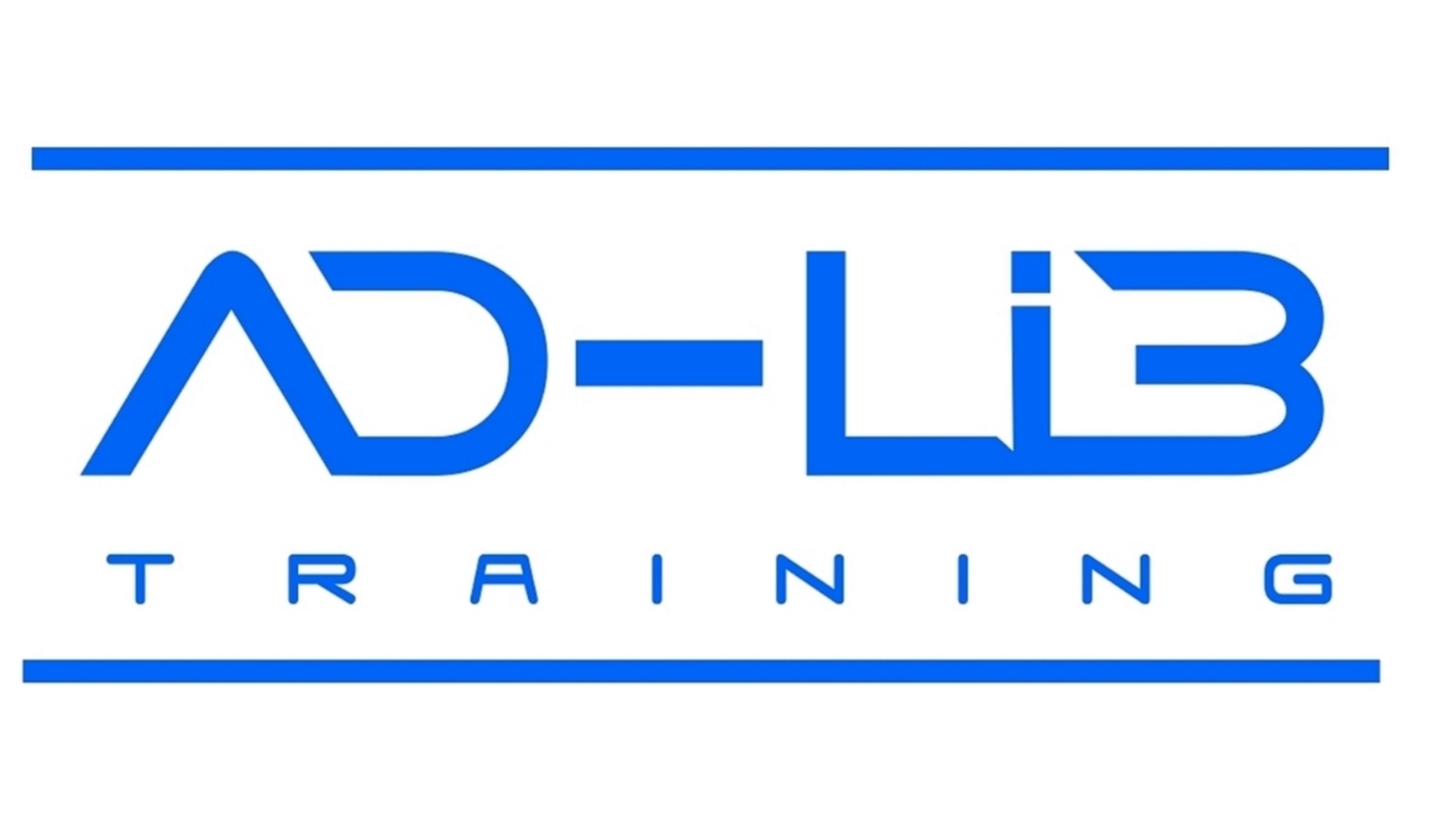This weekend I ran free sessions for people to come and try the regular outdoor activities we run in the local community. Other colleagues were doing the same thing all over the country.
Participants registered through Facebook and booked their places online. It took a certain degree of effort to complete their details. There was a follow up phone call to ensure they had all the information they needed about the session. Where possible the conversation also included discussion around what they were looking for to help us gear the sessions around their wants and needs.
Obviously, life happens, and things get in the way. There were some cancellations and rearranged bookings, however, it was surprising how many people simply did not show up. No prior messages and no apologies after the event.
It made me wonder what makes someone to commit to something and then turn away without trying. One of my team wondered if the problem was the fact the event was free. Is there a perception that the cheaper the event the less value it has? Based on the excellent feedback received by everyone who attended it was extremely beneficial. Is that because they value the importance of their health, so see the commitment as something worthwhile doing?
I looked up some definitions of commitment. I was surprised by the opposite meanings. Some are positive and include devotion and adherence. On the other side you see restrictions such as obligation, pressure, and burden.
On a regular basis, I speak to students and volunteers. All have various levels of focus, which can change depending on the task in hand. Up until now, I had not thought to discuss what the word commitment means to them. Is it a positive guiding force or is commitment something that worries them?
In our local communities we rely on people to volunteer and support others. Many will put their names down but quickly disappear, whilst others are there day and night. Nothing is too much for them, they are totally committed.
Ad-Lib Training run regular training in local communities. The main programmes we run are AIQ Level 2 Health Influencers and Active IQ Level 2 Award in Health and community Activation. The successful students either volunteer or find themselves working on community programmes where they are trying to support positive change with residents.
We supply the relevant training relating to stages of change, adherence, and motivation. Perhaps a simpler way to help them get better results is to focus on how the people they work with view commitment. Is it a positive or negative influencer? It could make all the difference in relation to success or failure.

